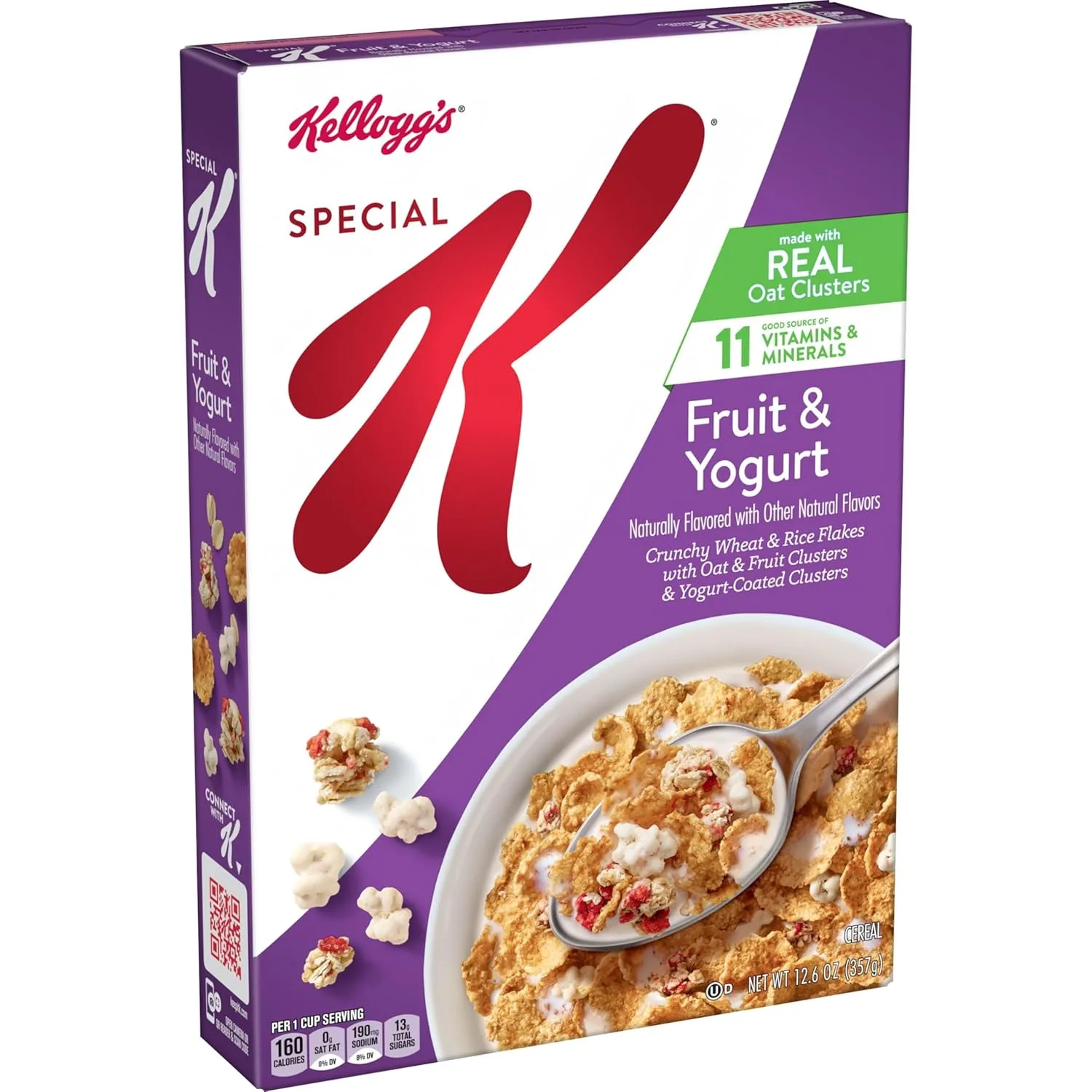Special K Fruit & Yogurt
sweetened cereal • For 0-6 month old infants • Consumable 🍝
Product Images
Product Photo

Tap to enlarge
Ingredient List

Tap to enlarge
Is this safe for 0-6 month old newborns to eat Special K Fruit & Yogurt?
Check for Different Age (6 available)
Ingredients Analysis (41 found)
Common Questions About Special K Fruit & Yogurt
Is this newborn-safe? Special K Fruit & Yogurt
Special K Fruit & Yogurt is not recommended for 0-6 month old babies due to potentially harmful ingredients.
What ingredients should I watch out for?
We analyzed 41 ingredients in Special K Fruit & Yogurt. 8 avoid, 7 concerning, 7 caution. Check the detailed analysis above for specific concerns.
When can newborns start eating sweetened cereal?
The appropriate age depends on the specific ingredients. This analysis is for 0-6 month old babies. Use the age selector above to check other ages.
⚠️ Important Disclaimers
Product Recognition: Product names are identified by AI and may be incorrect. Always verify product identity yourself.
Safety Analysis: Evaluations are for research only - consult pediatricians for medical decisions.
No Guarantees: Results may be incomplete or inaccurate. Do not rely solely on this analysis.
